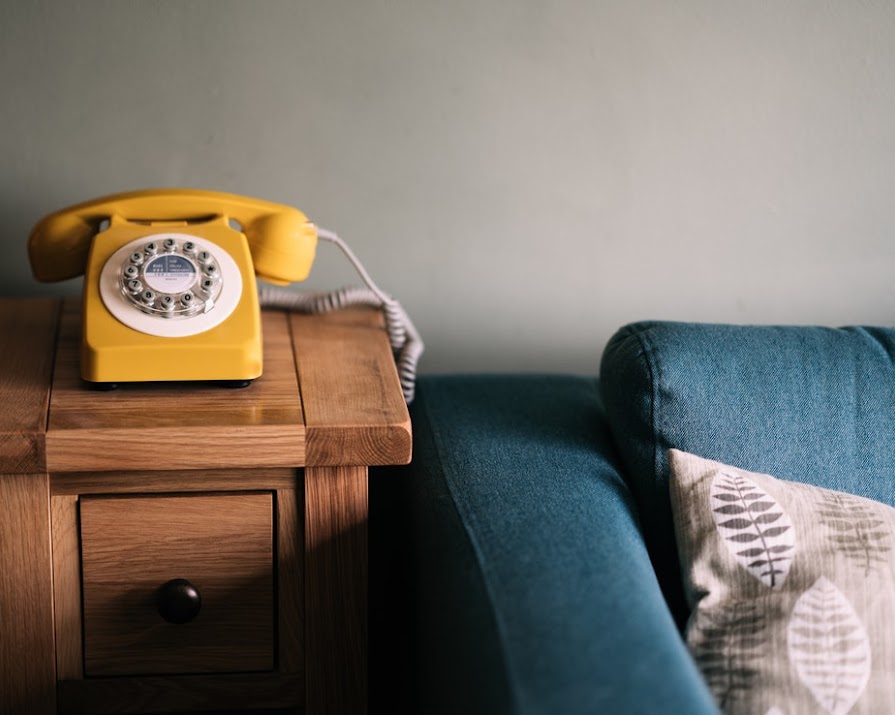
By Colette Sexton
07th May 2019
07th May 2019
Colette Sexton, news correspondent at The Sunday Business Post, on how to handle a phone interview.
After dusting off your CV, writing a killer cover letter, and patiently waiting for an invitation to interview, it can be deflating to be asked to do it over the phone. However, this step of the screening process can be a positive experience for both sides. Of course, phone interviews help companies determine which candidates should be invited to in-person interviews, but they also help interviewees determine whether the role and the organisation will be a good fit for them.
Research
While a phone interview might seem more casual than an in-person interview, it is vital not to underestimate their importance. When called for a phone interview, you should do as much research as you would do for an in-person interview. Learn everything you can about the company. Read the interviews its executives have given. Know the role you are applying for inside-out. If you can, talk to someone who has worked there or still does to find out what they look for in employees. Ask who your interviewer will be and look them up. If you have any shared interests, try to weave them into the conversation. The great thing about phone interviews is that you can keep notes to hand to glance at during the conversation if you get stuck. So make sure to make clear, relevant notes, and keep your CV, cover letter, and the job description to hand.
Comfortable environment
Your environment is important during the phone interview. Remove all distractions and reduce noise as much as possible. Mute your laptop. Turn off your TV and radio. Make sure the washing machine is not running in the background. If you have pets, put them in a different room. For in-person interviews, you dress in work-appropriate clothes. It is a good idea to do this for a phone interview too. You might initially feel a little silly wearing work clothes in your kitchen but it is a good way to put yourself in the right frame of mind for an interview. At the very, very least, change out of your pyjamas. Also, make absolutely sure that it is a phone interview and not a Skype interview. You do not want a potential future employer looking at the dirty dishes in your sink (or you in your loungewear). If it is a Skype interview, find a neutral-looking area in your house and set up there.
Phone choice
Ideally, you should use a landline number for the interview, but if you only have a mobile phone, make sure it is charged. If you are aware that there are certain areas of your house where your phone reception drops, avoid them for the interview. If the line does drop, call back, apologise and move on.
Attention
Do not allow yourself to get distracted just because the interviewer cannot see you. Pay attention to everything the interviewer is saying so you can react appropriately and promptly. Smile – it will improve your tone of voice. Speak clearly and do not be afraid to crack an appropriate joke or two to break the ice and show your personality. After the phone interview, it is always a good idea to email the interviewer or mail them on LinkedIn to thank them for their time. While the interview is fresh in your mind, write down the main points you thought the interviewer emphasised about the role and the company. It is likely that these will be brought up again at the next stage of the interview process. If, following the phone interview, you realise that the job was not what you were looking for, tell them. Honesty is always the best policy, and it is not fair to waste their time if you do not intend to pursue the role.
Read more: Being always busy isn’t as important as you think
Read more: Do you fancy an extra €500,000? Then learn to negotiate
Read more: Your office job could be ruining your health, here’s why (and how to combat it)























